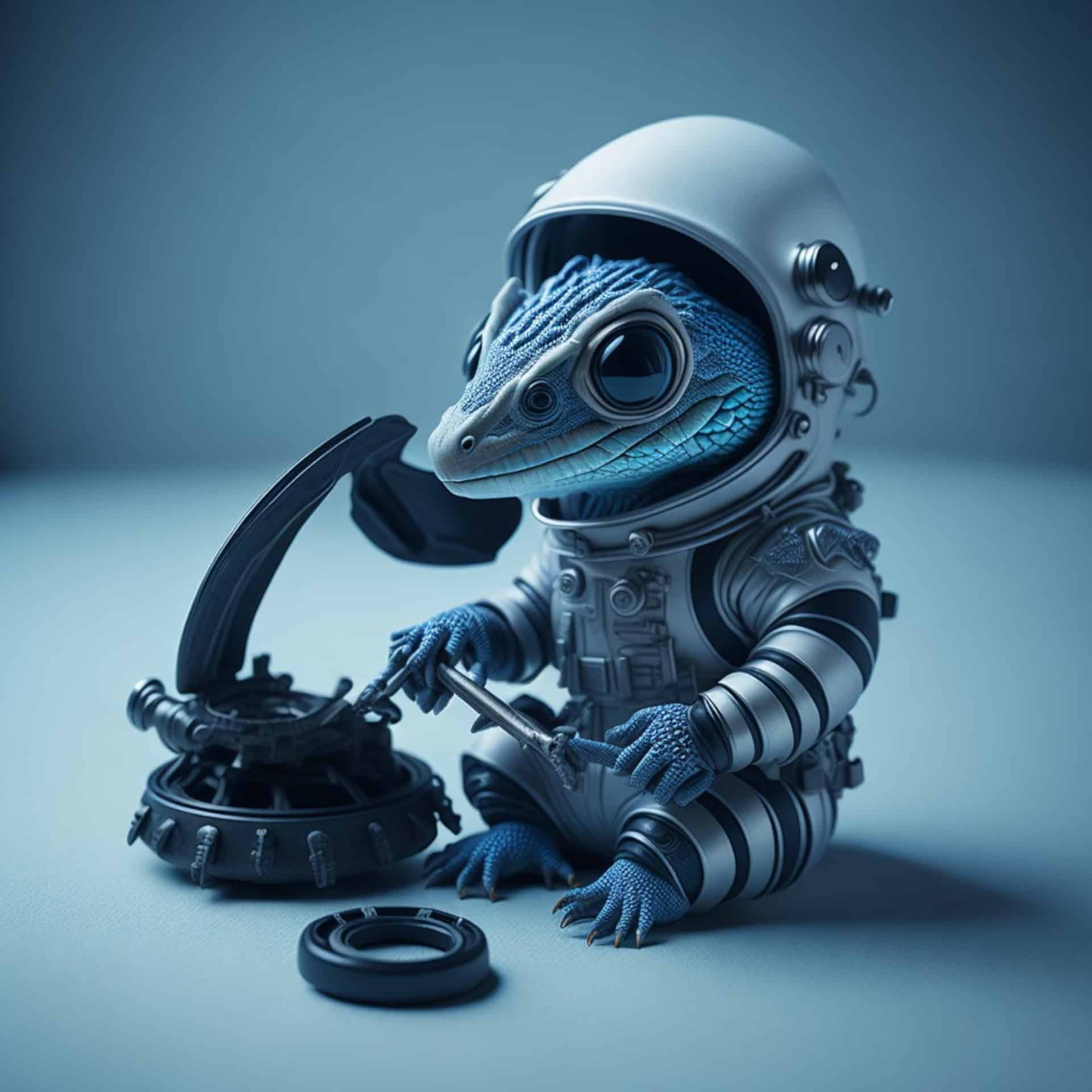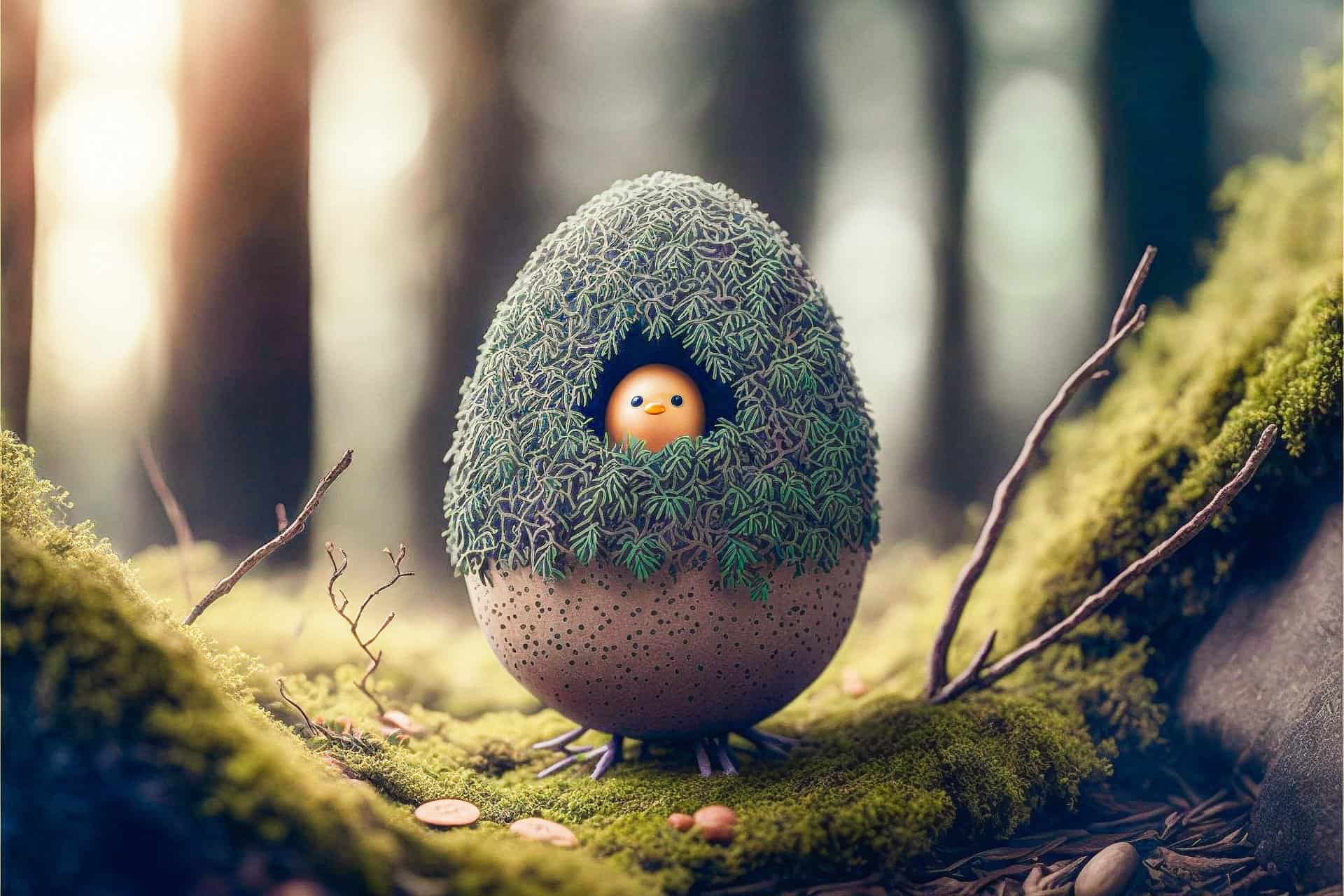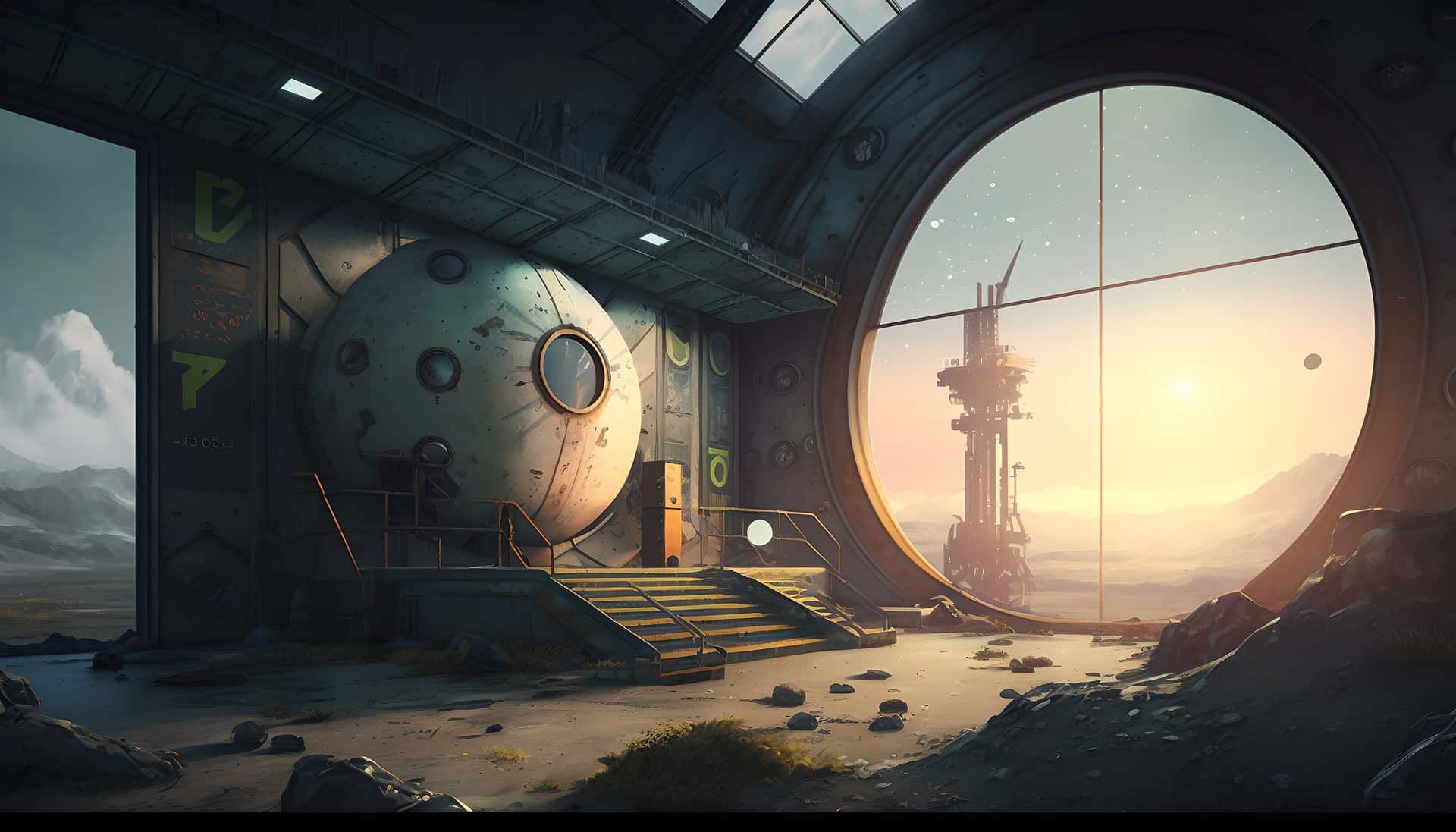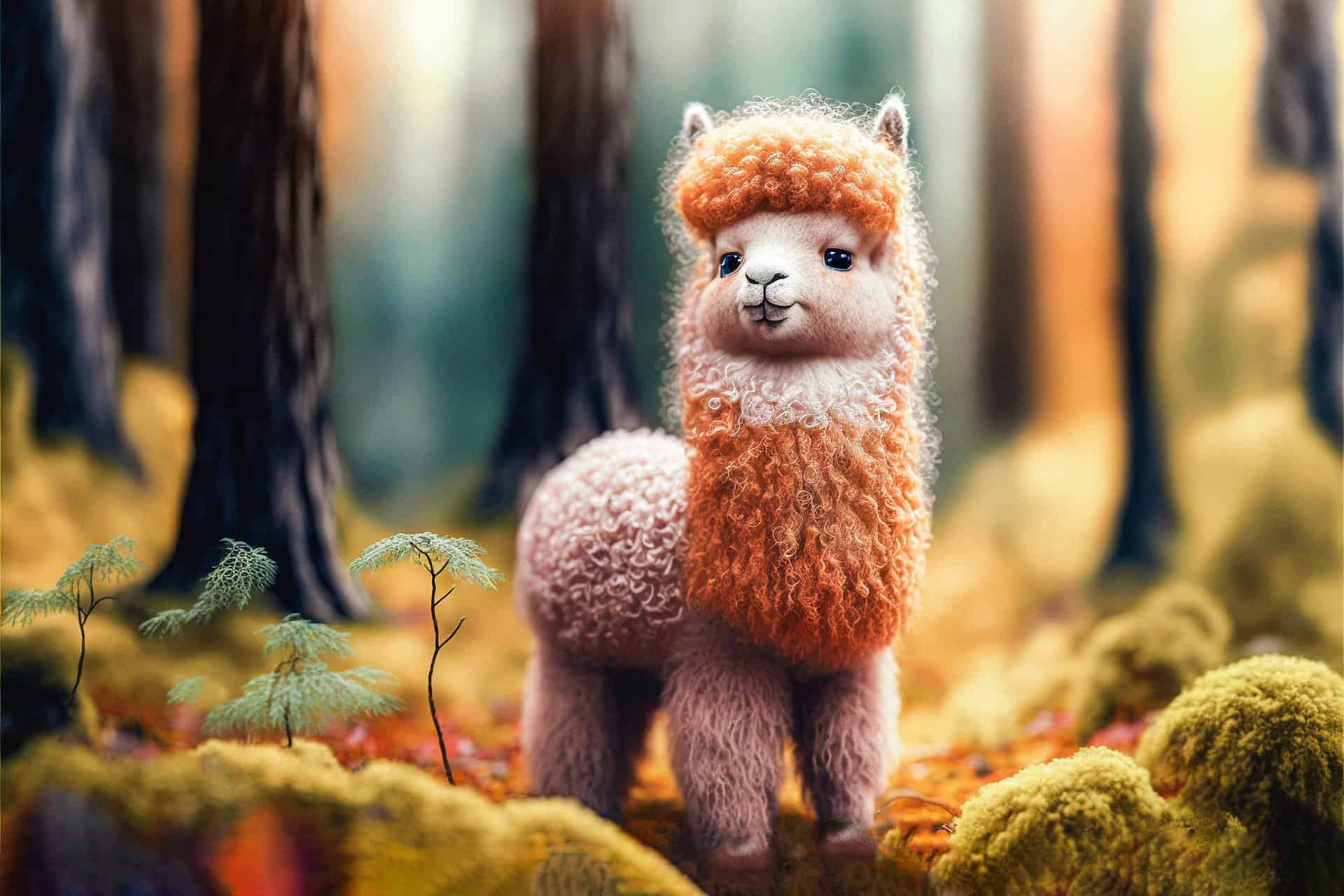The entertainment industry has always been at the forefront of technological advancements, constantly pushing the boundaries of creativity and innovation. From the invention of sound in movies to the rise of streaming platforms, the way we consume entertainment has evolved dramatically over the years. And now, with the advent of artificial intelligence (AI), the future of entertainment is poised to undergo yet another revolutionary transformation with the emergence of AI-generated movies and TV shows. Movies and TV have long been a staple of popular culture, captivating audiences with compelling narratives and stunning visuals. However, the process of creating these productions has traditionally been a labor-intensive and time-consuming endeavor, requiring a team of writers, directors, and editors to bring a script to life. But with the development of AI technology, filmmakers now have access to a powerful tool that can streamline the production process and generate content at a fraction of the time and cost. AI-generated movies and TV shows are created using algorithms that analyze vast amounts of data to identify patterns and trends in storytelling. By feeding these algorithms with scripts, images, and other media, filmmakers can train AI models to generate dialogue, plot points, and even entire scenes. This not only speeds up the production process but also opens up a world of possibilities for storytelling, allowing filmmakers to explore new genres, themes, and narrative structures that may have been previously unattainable. One of the most compelling aspects of AI-generated movies and TV shows is the potential for personalized content. With AI algorithms capable of analyzing user data and preferences, filmmakers can tailor their productions to individual viewers, creating a more immersive and engaging experience. This level of customization could revolutionize the way we consume entertainment, blurring the lines between reality and fiction and allowing audiences to become active participants in the storytelling process. However, the rise of AI-generated movies and TV shows also raises important questions about the future of creativity and artistic expression. While AI technology can certainly enhance the production process, there is a concern that it may also lead to a homogenization of content, with filmmakers relying too heavily on algorithms to dictate the direction of their stories. Additionally, there are ethical considerations to take into account, such as the potential for AI-generated content to perpetuate stereotypes or biases. Despite these challenges, the future of entertainment undoubtedly holds great promise with the emergence of AI-generated movies and TV shows. By harnessing the power of AI technology, filmmakers have the opportunity to push the boundaries of storytelling and create immersive, personalized experiences for audiences around the world. As we continue to explore the possibilities of AI in entertainment, one thing is certain: the future of movies and TV has never looked more exciting.



The Risk Factors
Will Art Suffer?
However, the rise of AI-generated movies and TV shows also raises important questions about the future of creativity and artistic expression. While AI technology can certainly enhance the production process, there is a concern that it may also lead to a homogenization of content, with filmmakers relying too heavily on algorithms to dictate the direction of their stories. Additionally, there are ethical considerations to take into account, such as the potential for AI-generated content to perpetuate stereotypes or biases. Despite these challenges, the future of entertainment undoubtedly holds great promise with the emergence of AI-generated movies and TV shows. By harnessing the power of AI technology, filmmakers have the opportunity to push the boundaries of storytelling and create immersive, personalized experiences for audiences around the world. As we continue to explore the possibilities of AI in entertainment, one thing is certain: the future of movies and TV has never looked more exciting.



